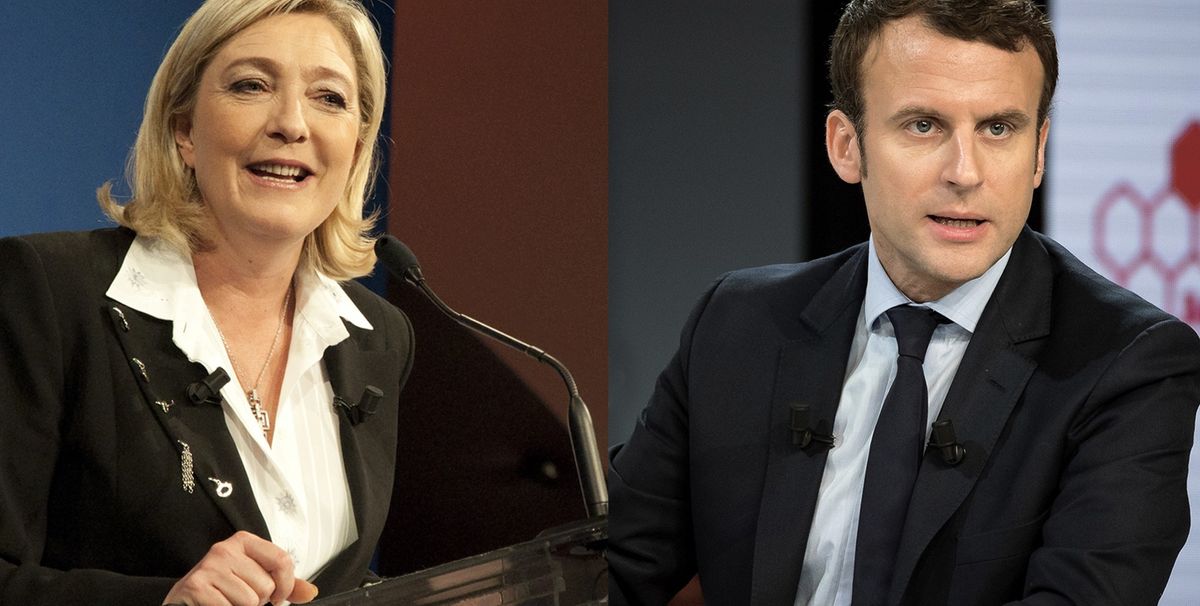Culture has featured in the policy proposals and values of both Emmanuel Macron and Marine Le Pen, who will contest the French presidential election on 7 May.
Spending on culture has been a bone of contention during the five-year mandate of current president François Hollande. He failed to keep his promises as a candidate to maintain the cultural budget, which shrank by around €430m during his five years in office, compared with his predecessor Nicolas Sarkozy’s last budget, according to our sister newspaper Le Journal des Arts. There have also been three ministers of culture during Hollande’s presidency.
Macron, running for the centrist party En Marche! (on the move) that he founded last year, has declared his intention to maintain the cultural budget in exchange for greater efficiency. He wants all schoolchildren to have access to cultural and artistic education, and has proposed a €500 annual “culture pass” for young people.
A staunch pro-European, Macron wants to launch an “Erasmus” (the EU’s student exchange programme) for cultural professionals, including artists and curators. He is also looking to create an endowment for the renovation and upkeep of heritage properties, as well as a €200m fund to support cultural and creative industries in France.
Le Pen, meanwhile, who has temporarily stepped down as the leader of the far-right, nationalist and populist party Front National, has made no overall budget commitment. However, as part of her focus on French patrimony, she wants to increase funds for heritage and conservation by 25% (under Hollande, there has been a total fall of €371m in funding across his term). She also wants to stop the sale of national buildings and palaces to foreigners and the private sector.
Le Pen’s funding plans for culture include the creation of a digital platform for popular philanthropy and sponsorship. A major plank of her cultural programme is the development of centres for artistic production that will host residency programmes for artists of all ages and disciplines—offering lodging and studio space—to focus on supporting local contemporary art scenes.


